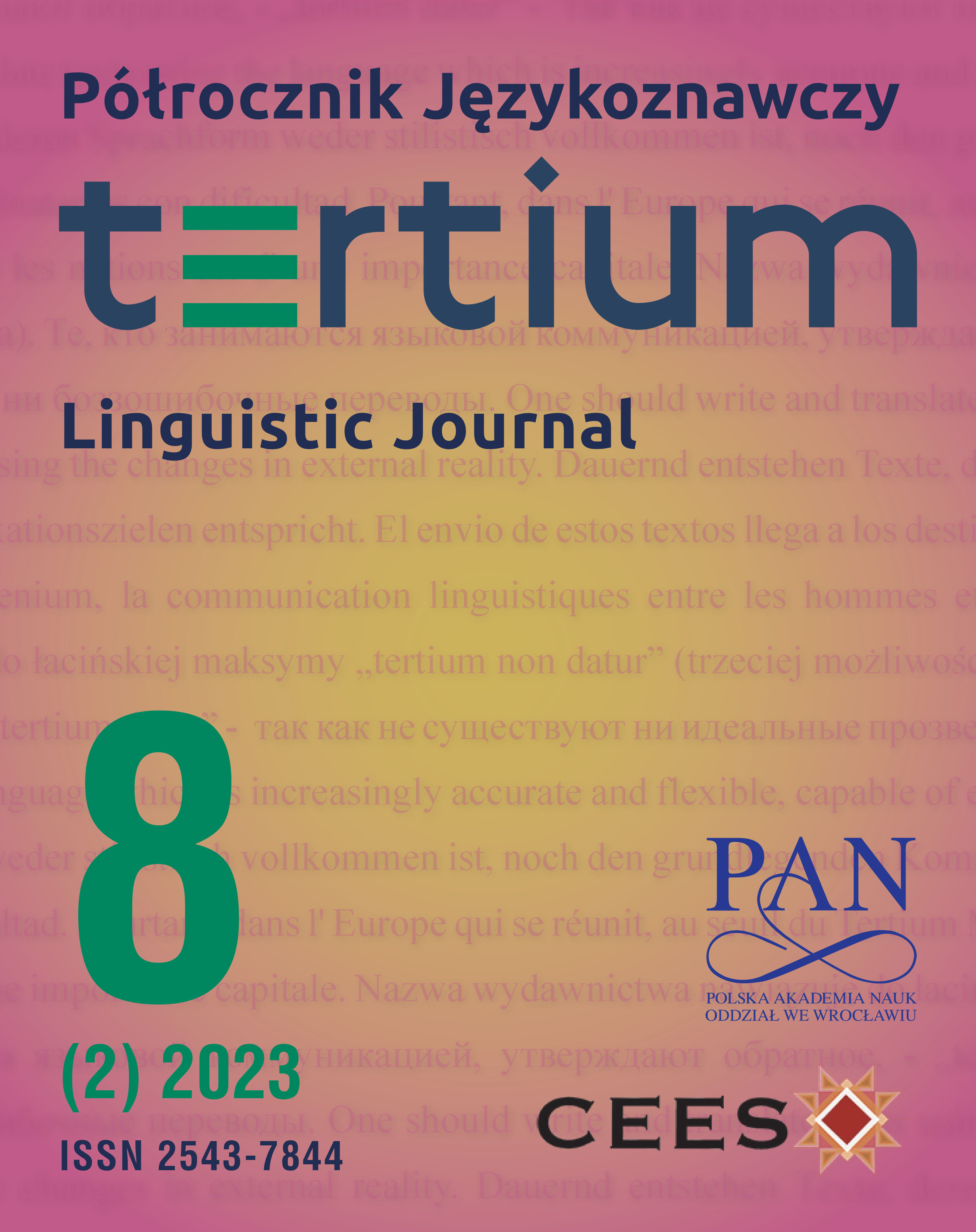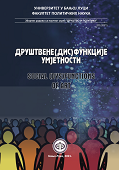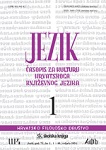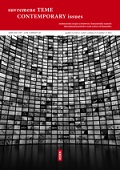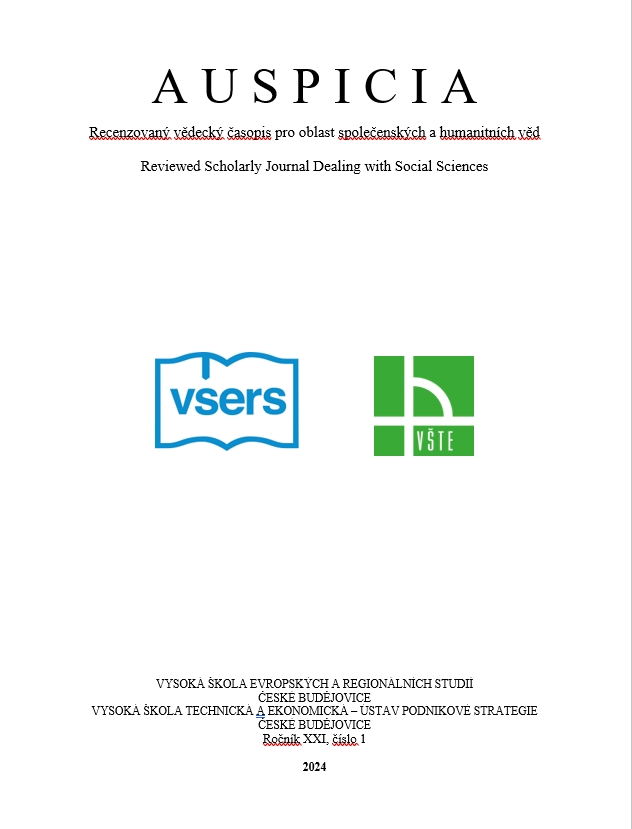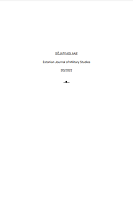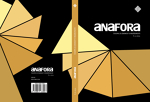Author(s): Tihomir Živić / Language(s): Croatian
Issue: 1/2024
The paper inventories and describes redundant borrowings from the English language, that is, such loanwords in the texts written in the functional journalistic style, observing with disapproval an increasingly noticeable de‐Croatianization of a part of the Internet as a component of the Croatian public space. Despite this, however, the original studied texts from the selected Croatian media websites, especially those owned by the newspapers, were used exclusively as a material for exemplifying such unnecessary borrowings, not for the purpose of describing the features of functional journalistic style, since it is believed, with detachment in relation to the presentation of a way of writing for the newspapers, that Anglicisms in the press have been significantly co‐shaping our language education for a long time, precisely because of the readership rating, mass expansion, and those papers’ enormous influence. Simultaneously, in this paper, the occurrences of this mixed Croato‐English language and its media Newspeak are satirically called “Cronglish”. In order to detect the percentage of redundant Cronglish entries in the examined texts written by the ten Croatian media that have their Web portals headquartered in Zagreb and a nationwide reach, the texts were subjected to a one‐month observation (from December 1 to 31, 2023), notation, and processing of tokens using the Sketch Engine computer software. It is concluded that Cronglish represents a danger for the entirety of the Croatian language, with a possibility to lead to its incomplete connection, especially with regard to the older generations, who are less familiar with the English language, and this analysis also opposes to the notion that certain concepts are allegedly inappropriately expressible in Croatian, emphasizing a rich lexicographic thesaurus of the Croatian language and its ability to create neologisms. Therefore, the preservation of education in Croatian as a mother tongue is essential in order to maintain cultural diversity, promote educational and cognitive development, improve social cohesion, and protect past knowledge and heritage, and this is a responsibility we bear not only toward ourselves and our ancestors but also toward future generations and global community; namely, by respecting and preserving our linguistic heritage, we pay homage to a rich fabric of human culture and guarantee that many of its subtleties are not lost due to the unifying forces of globalization.
More...
